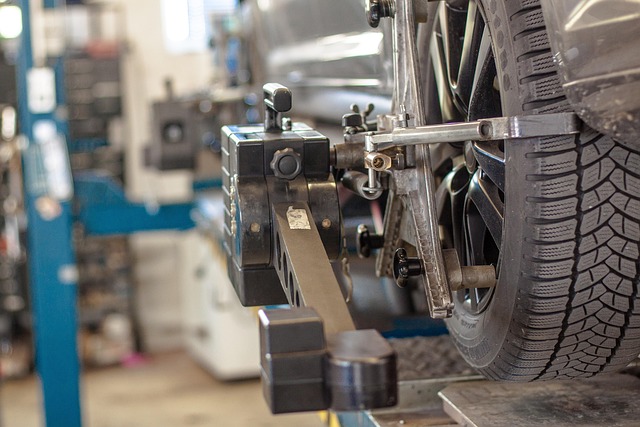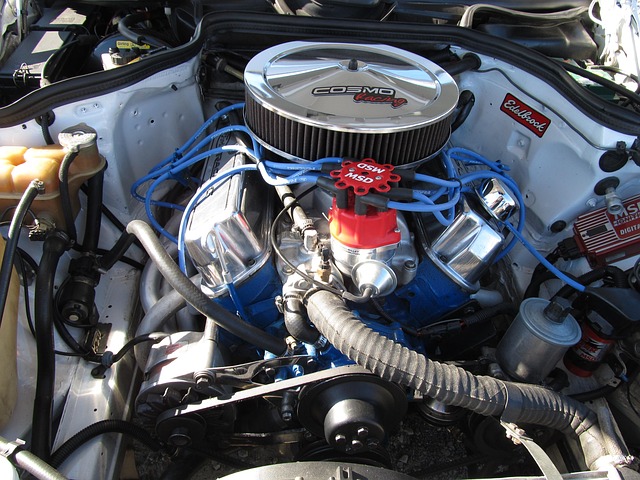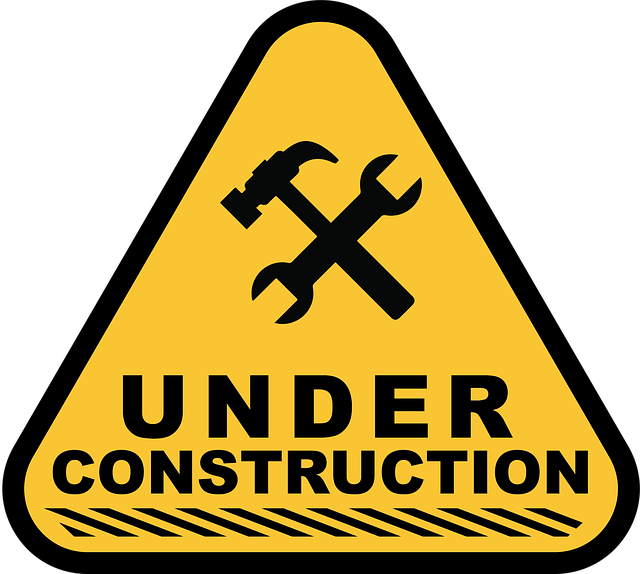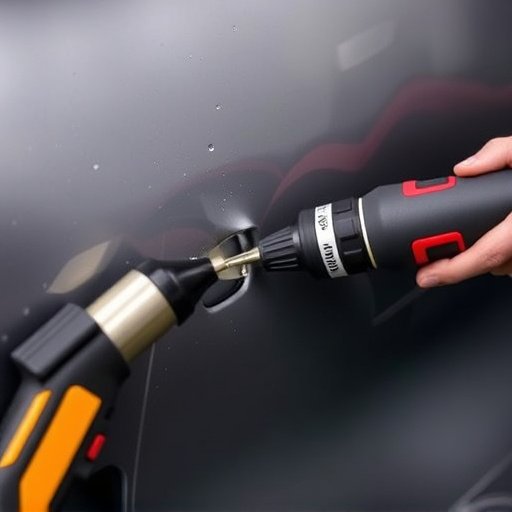Repair Expectations Management is a game-changer for auto shops, aiming to boost customer satisfaction and trust through transparent communication. By clearly articulating timeframes, costs, and outcomes—especially for unexpected issues—shops empower clients to make informed decisions about their vehicle repairs. This strategy builds positive relationships, encouraging repeat business and referrals, and revolutionizes auto shop operations in the digital age. Clear, non-technical language is key to effective management, ensuring customers understand services, their reasons, and costs, thereby enhancing overall satisfaction with bodywork or frame repair processes.
In the competitive auto industry, effective repair expectations management is key to fostering customer satisfaction and loyalty. This article explores the critical role of setting and communicating realistic repair expectations in auto shops. We delve into strategies that help manage client hopes, avoid misunderstandings, and ultimately enhance shop reputation. By understanding the importance of clear communication and implementing best practices, auto shops can ensure a smooth, transparent, and positive experience for every customer.
- Understanding Repair Expectations Management
- The Role of Clear Communication in Auto Shops
- Benefits and Best Practices for Effective Expectation Setting
Understanding Repair Expectations Management

Repair Expectations Management is a critical aspect of auto shop operations, ensuring customer satisfaction and building trust. It involves setting clear, accurate expectations about vehicle repair services, from initial assessments to final delivery. By managing expectations, workshops can mitigate surprises or disappointments that may arise during complex automotive repairs or auto body work.
This process starts with transparent communication. Auto shops should explain the estimated time frames, costs, and potential outcomes to customers, especially when dealing with unexpected issues. Educating clients about the repair process empowers them to make informed decisions and appreciate the efforts invested in their vehicle’s restoration. Effective expectations management also fosters a positive relationship between the shop and its clientele, encouraging repeat business and referrals.
The Role of Clear Communication in Auto Shops

In auto shops, clear communication is a cornerstone of successful repair expectations management. It ensures that customers understand what needs to be fixed, why it’s necessary, and how much time and money it will cost. By using simple, non-technical language, mechanics can help clients make informed decisions about their vehicle’s repairs. This transparency builds trust and enhances customer satisfaction.
Effective communication also facilitates collaboration between the shop and the customer. When customers are actively involved in discussions about their car’s condition, they can offer valuable insights that might affect the repair process. Moreover, understanding their expectations allows auto shops to tailor their services accordingly, ensuring that clients receive high-quality auto repair services, including expert car bodywork or even complex auto frame repair, while meeting their specific needs and budget considerations.
Benefits and Best Practices for Effective Expectation Setting

Setting clear and realistic expectations is a cornerstone of successful auto shop operations. Effective repair expectations management fosters trust between businesses and their customers, setting the stage for a positive experience from start to finish. When clients understand what to expect during the vehicle bodywork or fender repair process, they feel more at ease, reducing anxiety often associated with unexpected costs or delays. This transparency not only enhances customer satisfaction but also encourages repeat business.
Best practices in expectation setting involve proactive communication, involving customers every step of the way. Body shop services providers should clearly explain procedures, estimated timelines, and potential costs before initiating any work. Providing detailed estimates for fender repair or other body work allows clients to make informed decisions. Regular updates during the repair process further strengthen this bond, ensuring that clients are always in the loop. By adopting these strategies, auto shops can ensure satisfied customers who appreciate transparency and clear communication throughout their vehicle’s journey.
Repair expectations management is a cornerstone of successful auto shops, fostering trust and satisfaction among customers. By implementing clear communication strategies and setting realistic expectations, shops can enhance customer relationships and ensure everyone is on the same page. This approach not only improves operational efficiency but also allows for better resource allocation and increased profitability. Effective repair expectations management is a game-changer in the automotive industry, creating a positive and transparent environment that benefits both businesses and their clients.














